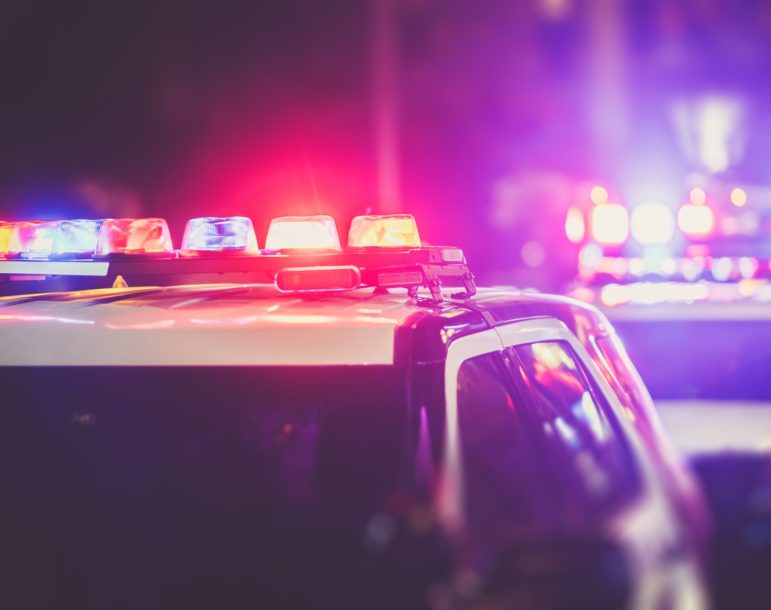DWI Lawyers
When an impaired driver causes an accident and harms someone in the process, they will likely face consequences via two distinct areas of the legal system. It is important for victims of crashes caused by drunk drivers and otherwise impaired drivers to understand the differences between these two systems and how the outcome of either scenario may affect them personally. Doing so will help to inspire informed decisions about taking legal action against the driver that caused a victim’s harm.
If you have recently been injured in a crash caused by an impaired driver, it is important to discuss the ins and outs of your unique situation with an experienced attorney. In preparation for your risk-free consultation, it can be helpful to review the basics of how criminal cases and civil actions against impaired drivers can affect victims. While reviewing this information, make sure to write down any questions or concerns that come to mind so that you can reference them during your consultation.
Criminal Cases
Criminal cases are filed by the government against an alleged offender. For the most part, the outcome of these cases do not affect the victim of any criminal wrongdoing (in a legal sense… they can obviously affect victims in profound ways emotionally and practically). However, there are instances in which victims of criminal wrongdoing are entitled to file for crime victim compensation. If the person who harmed you is convicted of a crime, you may want to speak with an attorney about whether you’re in a position to receive crime victim compensation of any sort.
Civil Actions
As experienced DWI lawyers – including those who practice at Cohen & Cohen – can confirm, the outcome (positive or negative) of any criminal case filed against the impaired driver who caused you harm will likely have no impact whatsoever on your ability to file a personal injury case naming that individual as the defendant. Why? In the U.S., the criminal and civil justice systems are distinct. They employ different standards of proof and pursue different purposes. Criminal cases hold individuals accountable for breaking the law. The personal injury portion of the civil justice system holds individuals financially responsible for negligently, recklessly, or intentionally causing others physical harm.
Civil actions are easier to win than criminal cases are in the sense that the civil justice system requires a lower standard of proof than the criminal justice system does. As a result, you may have an easier time holding the impaired driver accountable in civil court than a prosecutor would in criminal court.

